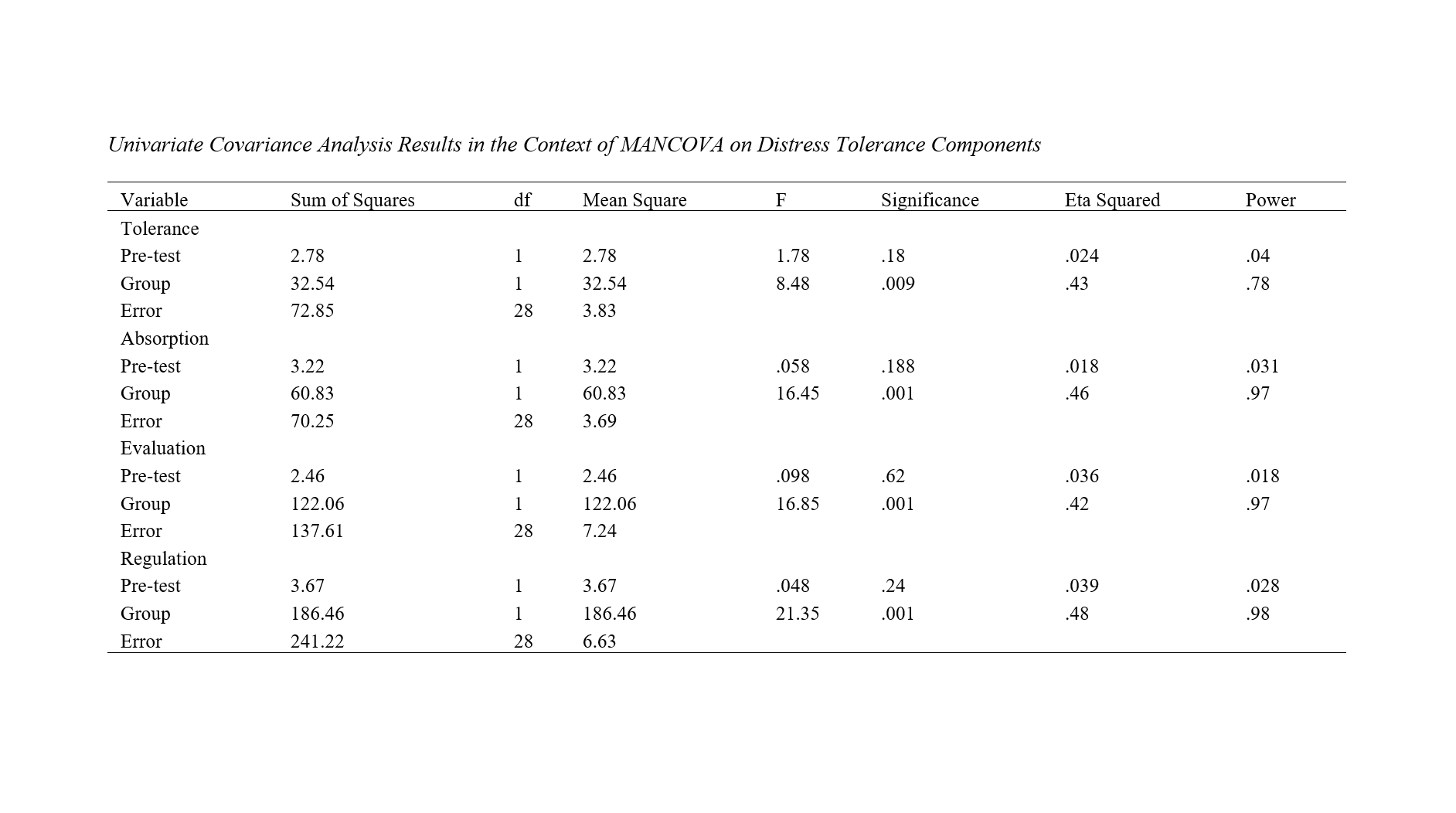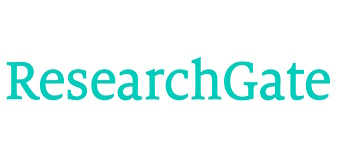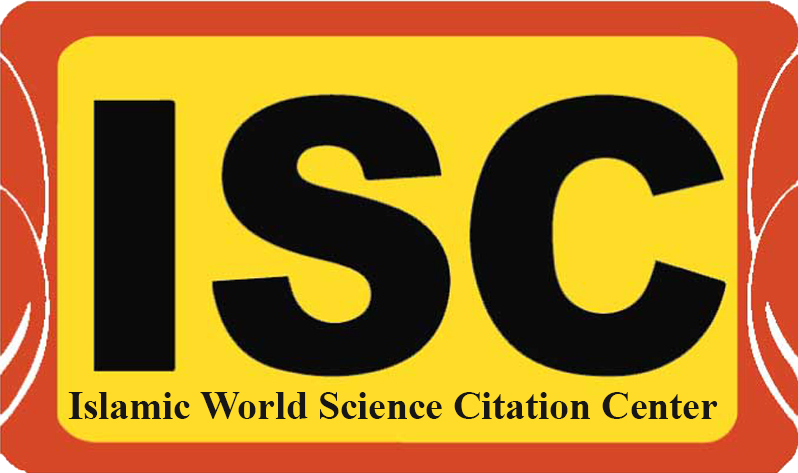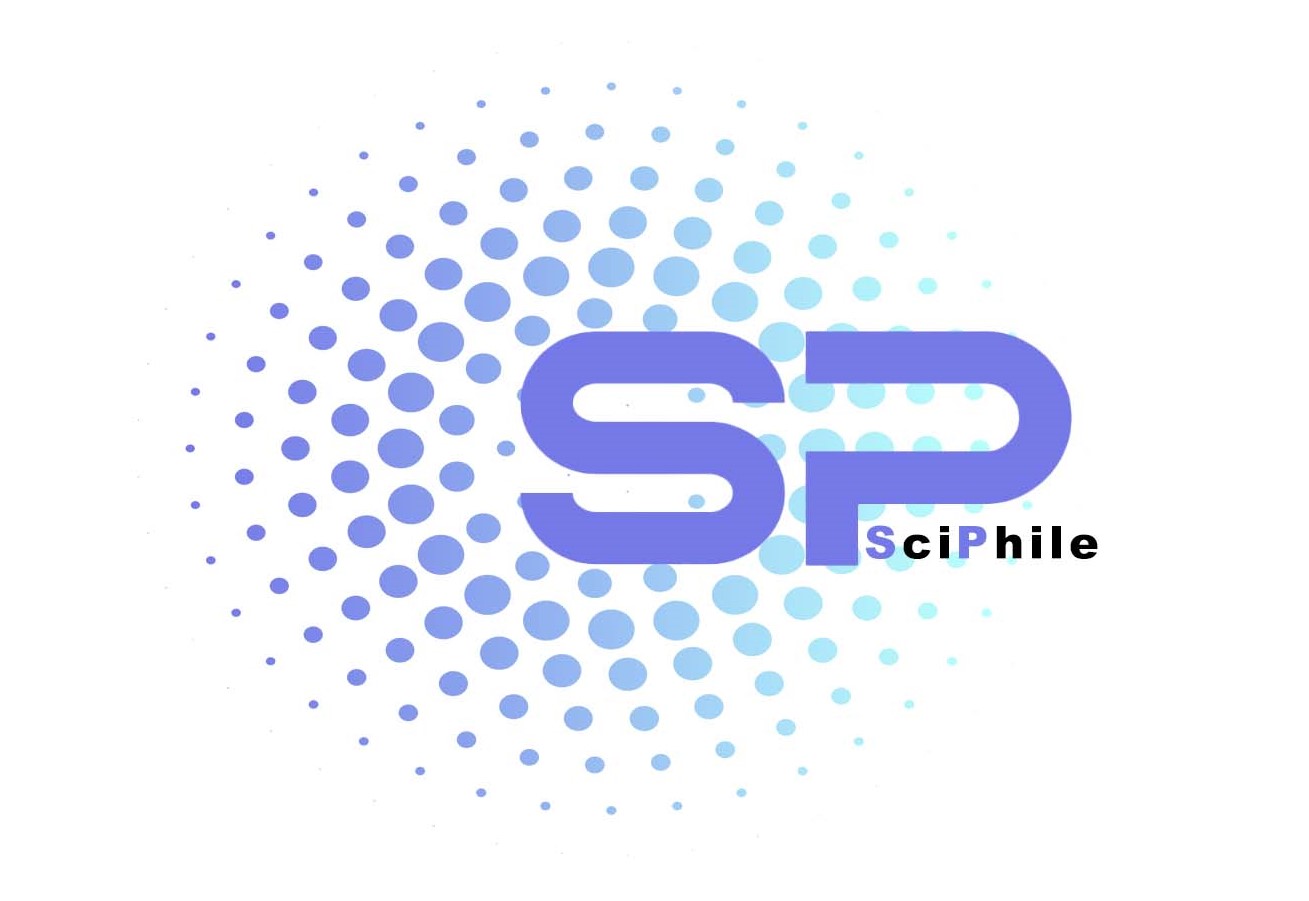The Effectiveness of Schema Therapy on Depression, Self-Esteem, and Distress Tolerance in Fatherless Depressed Adolescents
Keywords:
Depression, Distress Tolerance, Schema Therapy, Self-Esteem, AdolescentAbstract
Objective: Losing a loved one due to death is a universal human experience, and many consider it one of the most stressful life events. This study aimed to investigate the effectiveness of schema therapy on depression, self-esteem, and distress tolerance in fatherless depressed adolescents.
Methods and Materials: This applied research utilized a quasi-experimental design with pre-test and post-test and a control group. Using cluster random sampling, 30 adolescents (19 girls and 11 boys) who had lost their fathers in the past 1 to 2 years and scored high on the Beck Depression Inventory (1961) were selected from high schools in Arak city. They were randomly assigned to experimental and control groups. As a pre-test, participants completed the Coopersmith Self-Esteem Inventory (1967) and the Simons and Gaher Distress Tolerance Scale (2005). The experimental group received 10 weekly sessions (90 minutes each) of group schema therapy based on the Young et al. (2012) protocol.
Findings: According to the findings, schema therapy significantly impacted depression (F = 17.25), self-esteem (F = 36.34), and distress tolerance (F = 17.74) in adolescents.
Conclusion: These findings suggest that effective treatments, such as schema therapy, can reduce the negative outcomes associated with the experience of father loss.
Downloads

Downloads
Additional Files
Published
Issue
Section
License

This work is licensed under a Creative Commons Attribution-NonCommercial 4.0 International License.

























